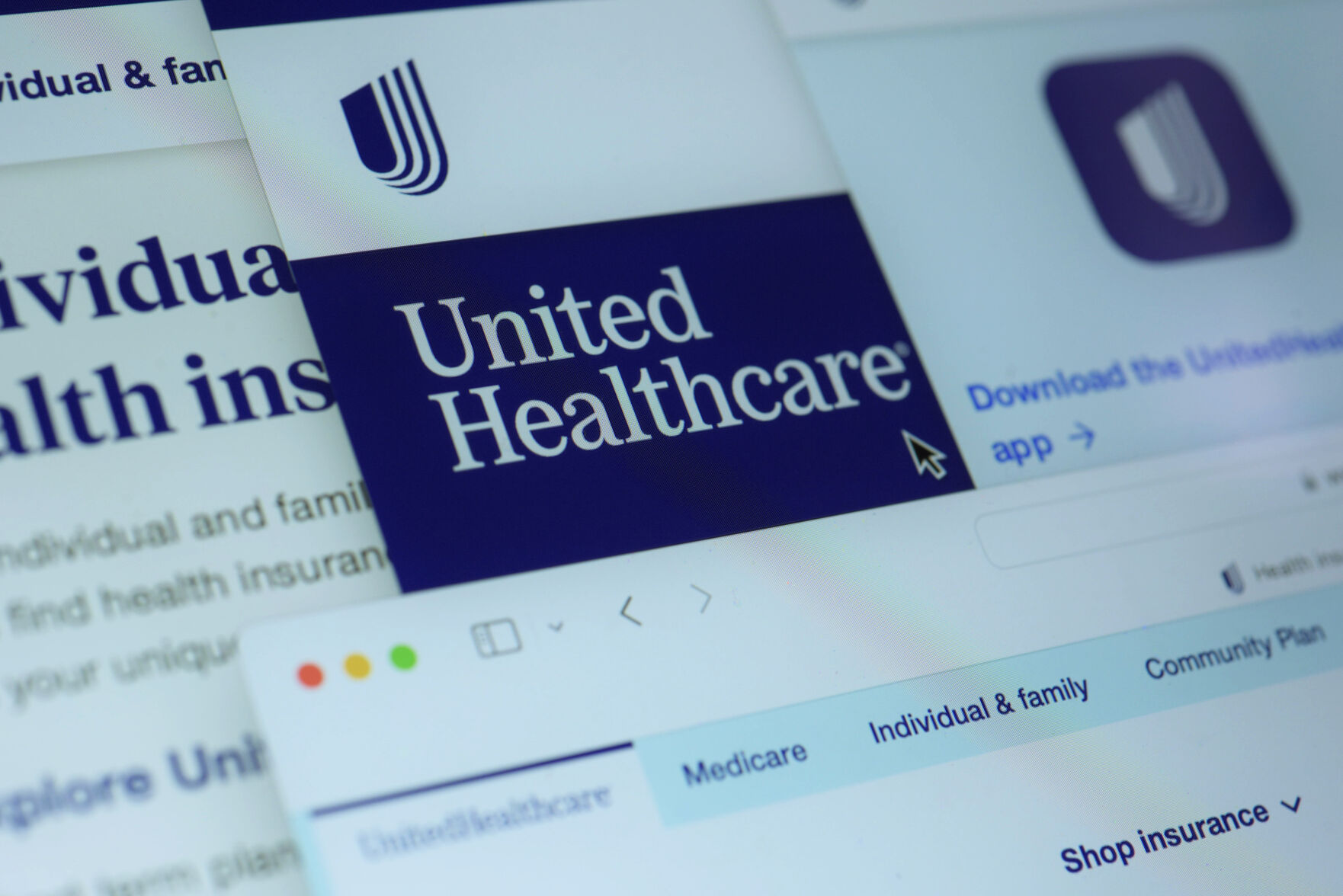UnitedHealth Group trounced first-quarter expectations even as costs from a cyberattack to its Change Healthcare business ate into the company’s performance.
The health care giant also today that care patterns in the year’s first quarter met its expectations after soaring medical costs at the end of last year surprised Wall Street.
Company shares jumped in early-morning trading.
UnitedHealth said earlier this year that a ransomware group had gained access to some of the systems of its Change Healthcare business, which provides technology used to submit and process insurance claims. The attack disrupted payment and claims processing around the country, stressing doctor’s offices and health care systems.
UnitedHealth is still restoring several services from the February attack. It took an $872 million hit from the attack in the first quarter.
UnitedHealth also booked a $7 billion charge in the quarter for selling a Brazilian health benefits and care provider business it bought more than a decade ago.
Overall the company lost $1.2 billion in the first quarter. Total revenue grew more than 8% to $99.8 billion.
Adjusted earnings totaled $6.91 per share. That excluded the cost from the sale of the Brazilian business and some of expenses tied to the cyberattack.
Analysts expected earnings of $6.61 per share on $99.23 billion in revenue.
UnitedHealth provides health insurance for more than 49 million people in the United States. It’s Optum segment also provides care, runs one of the nation’s largest pharmacy benefits management businesses and offers technology services.
The Minnetonka, Minn., company also reaffirmed a 2024 earnings forecast it first laid out last fall for adjusted earnings of $27.50 to $28 per share.
Analysts expect earnings of $27.50 per share.
UnitedHealth says the full impact of the cyberattack will amount to a hit of between $1.15 to $1.35 per share to earnings this year, most of which was absorbed in the first quarter.
Company shares climbed more than 7% to $480.23 in premarket trading today.
Jefferies analyst David Windley said in a research note that the stock had been down 15% so far this year partially in anticipation of a guidance cut, so the positive share reaction was not surprising.


